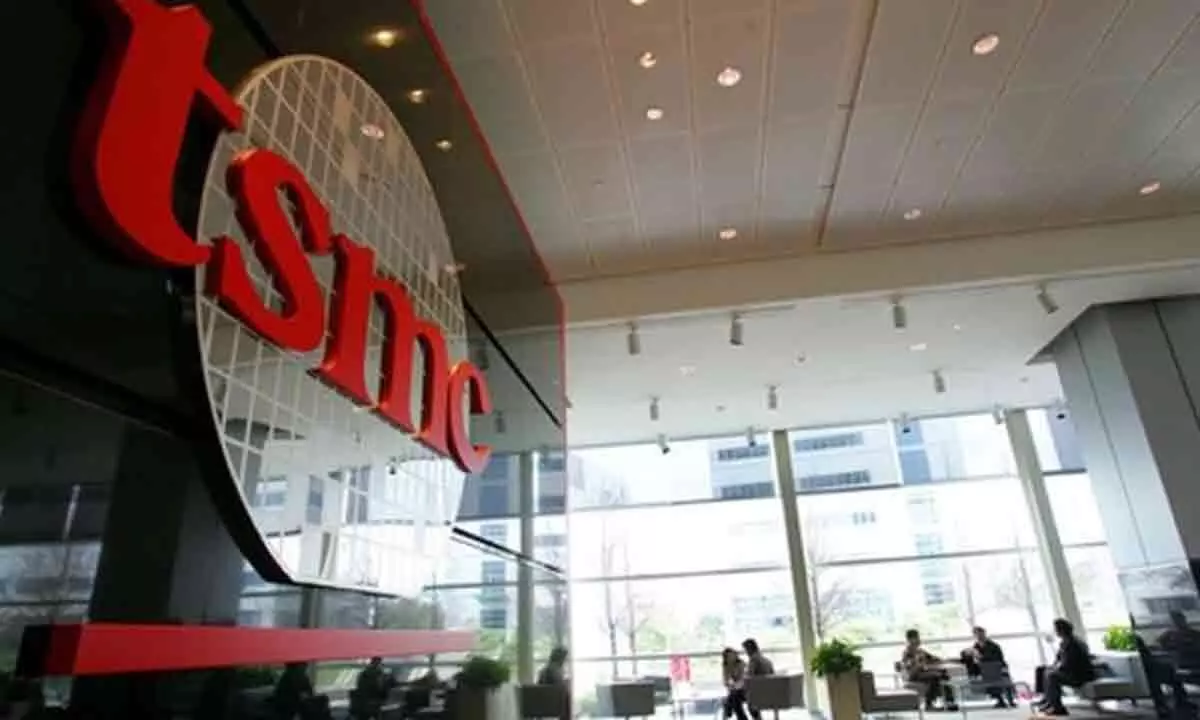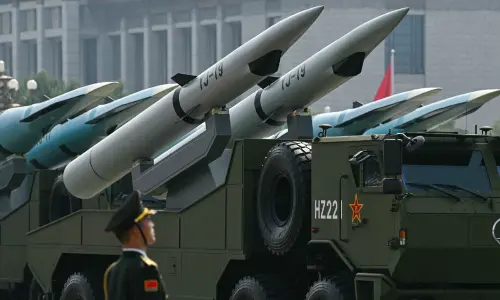Taiwanese chip major TSMC gets $6.6 bn subsidy for chip plant by US govt
Share :

Taiwan Semiconductor Manufacturing Co (TSMC) on Monday announced that its Arizona chip plant in the US secured up to $6.6 billion in subsidies for advanced semiconductor production from the US Department of Commerce under the CHIPS and Science Act.
San Francisco : Taiwan Semiconductor Manufacturing Co (TSMC) on Monday announced that its Arizona chip plant in the US secured up to $6.6 billion in subsidies for advanced semiconductor production from the US Department of Commerce under the CHIPS and Science Act.
Additionally, the US government proposed providing TSMC with up to $5 billion in low-cost loans.
The Taiwanese major also disclosed plans to build a third fab at TSMC Arizona to meet robust customer demand by leveraging cutting-edge semiconductor process technology in the US.
“The CHIPS and Science Act provides TSMC the opportunity to make this unprecedented investment and to offer our foundry service of the most advanced manufacturing technologies in the US,” TSMC Chairman, Dr Mark Liu, said in a statement.
“Our US operations will also expand our capability to trail-blaze future advancements in semiconductor technology,” Liu added.
With this additional investment, TSMC's total capital expenditure for the Phoenix, Arizona site exceeds $65 billion, marking it as the largest foreign direct investment in the state's history and the largest in a greenfield project in US history. TSMC Arizona’s three fabs are expected to create approximately 6,000 direct high-tech, high-wage jobs.
According to an analysis by the Greater Phoenix Economic Council, this increased investment in three fabs will create more than 20,000 accumulated unique construction jobs and tens of thousands of indirect supplier and consumer jobs.
TSMC Arizona’s first fab is on track to begin production leveraging 4 nm technology in the first half of 2025, while the second fab will produce the world’s most advanced 2 nm process technology with next-generation nanosheet transistors in addition to the previously announced 3 nm technology, with production beginning in 2028, said the company.







